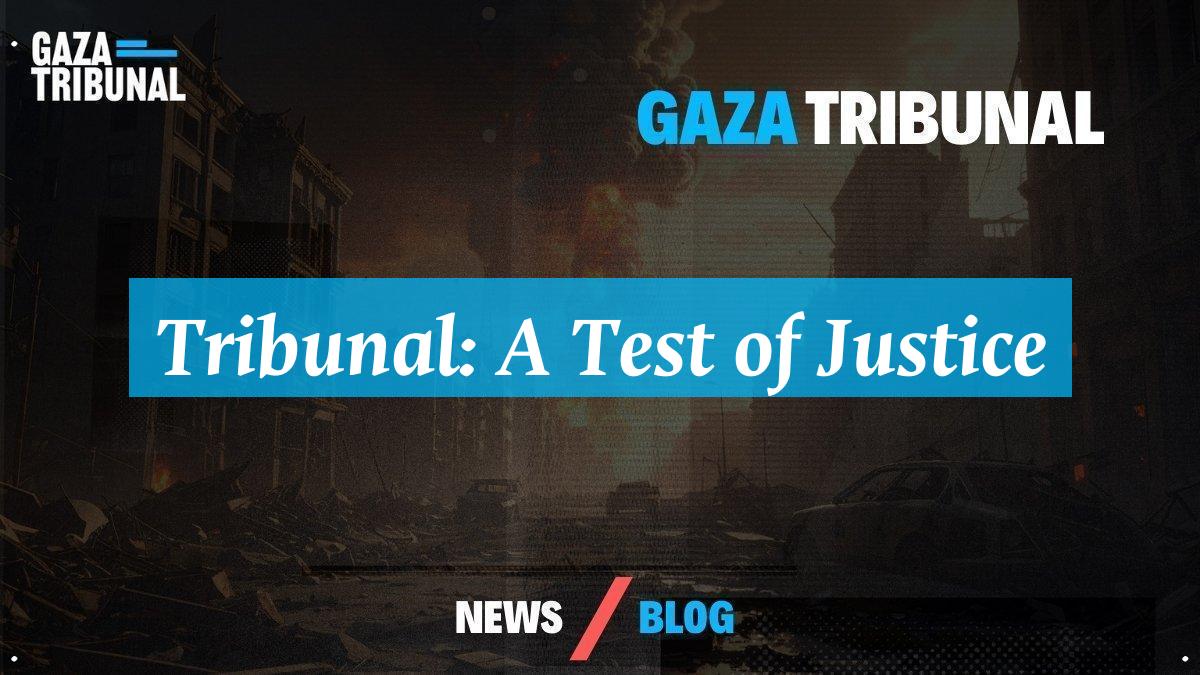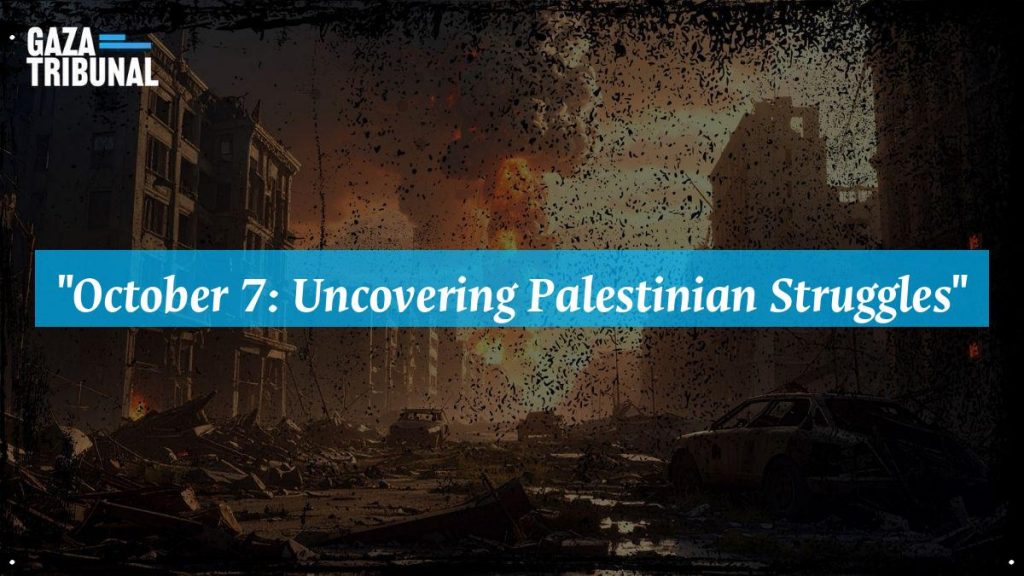In a world where the echoes of conflict often drown out the cries for peace, the views expressed by Hasan provide a profound insight into the complexities facing the Palestinian state and its people. Speaking on the October 7 events, he emphasizes that violence and terrorism are unacceptable, urging for a broader understanding of the situation. After all, faith encourages respect for all, encompassing the sanctity of sacred sites across religions. Yet, despite such wisdom, many focus solely on one aspect, overlooking the humanitarian toll these conflicts inflict. As he points out, the destruction of places like mosques and churches goes largely unmentioned, casting a shadow on the full picture. What truly stands out here is the call for dialogue and recognition amid chaos.
What deserves careful notice is, Hasan addresses the role of the international community, highlighting the historical missteps that led to the Palestinian plight. He reflects on the Balfour Declaration and its implications, signaling a past where promises were made without consideration for the affected people. The recent recognition of Palestine by several European nations marks a turning point, he believes, opening doors to a new era of understanding. Yet, the struggle remains, with systemic injustices persisting. With borders tightly controlled and daily life fraught with peril, the urgent need for acknowledgment and action becomes evident. How long must the voices of those suffering be silenced? As Hasan so passionately states, the hope remains that more nations will recognize their right to statehood, paving the way for a brighter future.
Understanding the Context of the Gaza Tribunal
In recent discussions surrounding the Gaza Tribunal, voices from the region resonate strongly. Activists and leaders, like Hasan, express deep concerns over the ongoing violence and its impact on civilians. They highlight that their religion calls for protection of the vulnerable, particularly women and children. Yet, many people seem to overlook this fundamental principle, focusing instead on a narrow narrative. Why does this happen? The larger picture often eludes those who engage in one-dimensional thinking.

Hasan specifically points out the attacks on sacred sites, including mosques and churches. He mentions the destruction of over 45 mosques in Gaza alone, emphasizing that such acts rarely receive adequate attention in international discourse. This selective focus raises questions about the integrity of reporting and the broader implications for peace. The ongoing violence affects not just the physical structures but also the spiritual fabric of the community.
The Call for Respect and Understanding
Hasan firmly believes that all religions deserve respect, including Judaism, Christianity, and Islam. He asserts that any attack on holy sites is unacceptable, regardless of the perpetrator. However, he feels that Israel does not extend that same respect to Muslim holy places. This imbalance fuels resentment and deepens the conflict. When will mutual respect replace hostility?
The situation in Jerusalem, where synagogues and mosques coexist, exemplifies the need for dialogue. Yet, the ongoing tensions obstruct meaningful conversations. Hasan’s perspective highlights how historical grievances continue to shape present realities. The conflict is not merely territorial; it’s deeply rooted in identity and faith. Understanding each other’s narratives is crucial for expressing a more comprehensive view.
The Historical Context of the Palestinian Struggle
Hasan traces the roots of the Palestinian predicament back to British colonialism. He argues that the Balfour Declaration, which promised land to one group while disregarding another, set the stage for ongoing conflict. The United Nations’ Resolution 181 aimed to create two states for two peoples, yet this vision remains unfulfilled. Israel’s establishment came at the expense of Palestinian sovereignty, a reality that continues to resonate today.
We are obliged to concede that, the recent recognition of Palestine by Sweden marks a significant shift in international attitudes. Hasan expresses hope that this trend will continue, as more countries begin to support Palestinian statehood. He believes that the world is starting to acknowledge the rights of Palestinians to self-determination. This growing recognition could pave the way for a more peaceful future.
The Path Forward: Hope and Gratitude
Despite the challenges, Hasan remains optimistic about the future of Palestine. He acknowledges the long-standing policies of displacement and destruction that Israel has enacted for nearly seven decades. Yet, he encourages his people to maintain resilience. The struggle for justice is arduous, but every step forward counts.
In closing, it’s vital to recognize the efforts of those advocating for peace and justice. Thank you for taking the time to understand this complex situation. Your awareness and engagement can contribute to a brighter, more harmonious future for all involved. Together, we can foster dialogue and understanding. Let’s hope for a resolution that honors the dignity and rights of every individual. For more updates, visit Gaza Tribunal. Finally, you can find the source of this content here.
Gaza News


